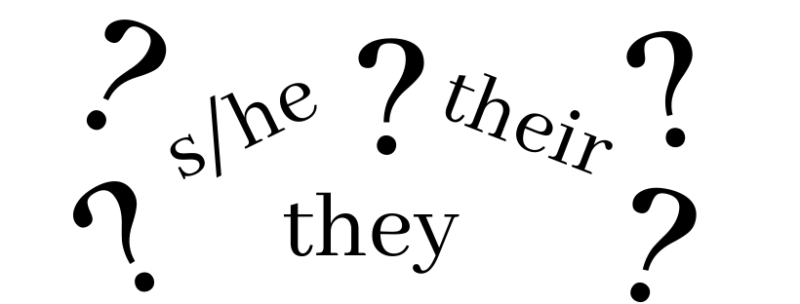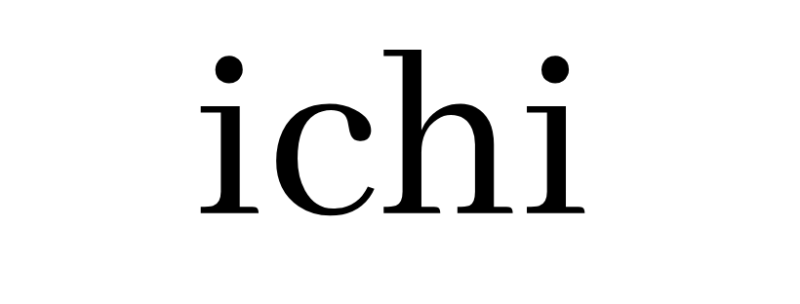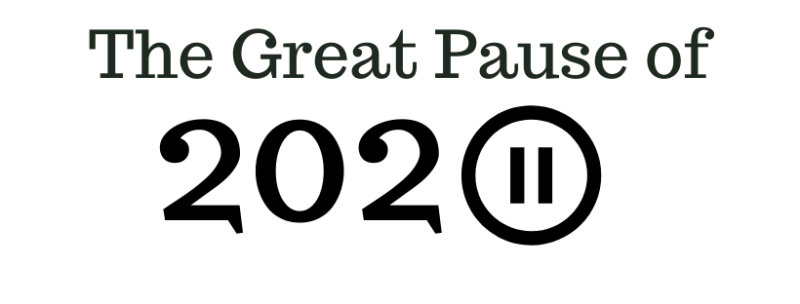
As a writer, I pay attention to words. The use of the word they as a gender-neutral singular pronoun has been a debate among my editing and writing friends. Many people take offense to the use of he, she, her, his, it, and him in reference to their gender identity. Let’s set aside the identity debate and focus on the grammar. A good gender neutral pronoun is needed in English. It would help fiction writers in particular with their characters. It could be used to inject more mystery into a character, for example. I will propose a solution using a Japanese word too. This is, after all, JP!
Okay, so what’s the big deal about using they as a singular pronoun? Well, it is a plural pronoun. Whenever I read or hear someone refer to themself (that is an awkward word) as they it makes me think they (using it as a plural) have many personalities. Now, I’ve used they as a singular pronoun here on JP and in my writing, but usually in a passive sentence or direct object or otherwise referential context. Sorry for this article is getting a little grammar-y. The use of singular they breaks down with active verbs:
They sits in the chair.
They asks a question.
They swings the sword.
They swung the sword. (Is this sword huge and require multiple people?)
They sat in the chair. (This must be a big chair!)
She hit them. (Is them singular or plural?)
These sentences have a jarring ring to my native-speaker ear. They = plural.
What is the solution? What would work as a gender-neutral pronoun?

Let’s use ichi. It means one in Japanese, as in the number one. It is gender neutral and references the more stuffy use of the word one in English. One, after all, can write using one as a pronoun. This use most often appears in academic, business, and legal literature where the writer doesn’t want to use I or you. One sounds arrogant to my ears. So the grammar convention already exists. Ichi, as a foreign word, doesn’t have the baggage one has, plus we can morph the word into a possessive.
So let’s see if ichi can substitute for he, she, and him without goosing the native-ear:
Ichi sits in the chair.
Ichi asks a question.
Ichi swings the sword.
Ichi swung the sword.
Ichi sat in the chair.
She hit ichi.
Call ichi and see if ichi is ready to go. (Call him/her and see if he/she is ready to go.)
Not bad, right? It’s even a little elegant if I do say so. It compresses him/her together with he/she in direct object use. Yes, I know placing the male pronoun in front of the female pronoun isn’t considered politically correct. Anyway, ichi could be mistaken for a proper noun until it becomes more widely used, but even that still tells us someone is doing the act. What about possessives?
Ichis car is red.
Ichis hair looks beautiful.
Ichis favorite anime was Cowboy Bebop.
I don’t know about you, but this word has a pleasant ring. Using ichis as a possessive is close to the ‘s convention (at least in sound) while making its more normative as a possessive. Using ichi’s might work better, or at least be less ambiguous, as a more obvious possessive as the pronoun is adopted. However, this might also be confused with a name when starting the sentence. This also allows for an ichi + is contraction:
Ichi’s a tall person. (Ichi is a tall person.)
Ichi’s a retail clerk. (Ichi is a retail clerk.)
I believe ichis is better as a possessive pronoun because of this contraction allowance, following convention of it’s (it is) and he’s (he is). The use of singular ichi as a pronoun frees they to remain plural. It also reinforces the singularity of the pronoun since ichi = 1 in Japanese. Does any Japanese native speaker want to offer ichis thoughts? How does this unabashed co-opting of a Japanese word feel?
Ichi would eliminate the pattern of alternating between male and female references as you often see in nonfiction, where one chapter refers to a female reader and another chapter refers to a male reader. Likewise, ichi would eliminate the painful s/he, she or he, his or her, his/her, and other painful efforts at inclusive writing, including the stuffy use of one. Ichi would act as a pronoun reserved for living beings. It can be reserved for objects and ideas.
Many people contest the need for a gender-neutral pronoun, perhaps more than who contest for one. However, living languages change, expanding and contracting as needed. As a writer, a good, singular gender-neutral pronoun would ease writing once I got used to it. You may see me use ichi in future articles on JP. Co-opting ichi for a pronoun wouldn’t be unusual for English. The language has co-opted many, many words: taco, burrito, zen, tao, schadenfreude, cartoon, cookie, safari, kiwi, soprano. You get the idea. Not to say other languages don’t do the same, of course. Adding a pronoun like ichi would follow in the conventions of English language, making the language more inclusive and useful. I don’t care if ichi or some other loanword or some other invented word is used. Let’s stop using they as a singular pronoun.






Ichi and ichi eat cheese reading the I Ching which makes each ichi itchy each time.
(Don’t @ me cuz the Chinese is said differently :D)
😀 It seems they/them has won the neutral singular pronoun question. Apparently, Jane Austen and several other past English writers have used it that way. The grammar seems to have settled on “they are” as singular too instead of “they is,” which sounds awkward. But the plural verb construction with a singular intent still suggests a multitude of personalities in that person. “They are smart” makes me think of untreated schizophrenics I’ve ran into that switched between their personas as you spoke with them (truly “them”).
However singular “They” does work and has been used longer than singular “you”.
Like in Japanese, it is a matter of context. “They sit in a chair.” May sound Plural but in the right context it can obviously be used to mean one person. “They sits in a chair.” is Grammatically incorrect. Yes it may follow the pattern of “He” and “She” in that context, but English breaks patterns and rules all the time. We have no problem using the same word for singular and plural other times. For example, the plural for Fish, “Fishes”, is much more unused and sounds a bit clunky to many. It’s way more common to use Fish for both singular and plural. “There is one fish.” “There are many fish.”
It isn’t an unusual occurrence. And singular They is very viable!
Some argue English needs to follow its own rules, converting exceptions like fish into fishes. Of course, this would be for writing. You really can’t dictate how spoken language functions.